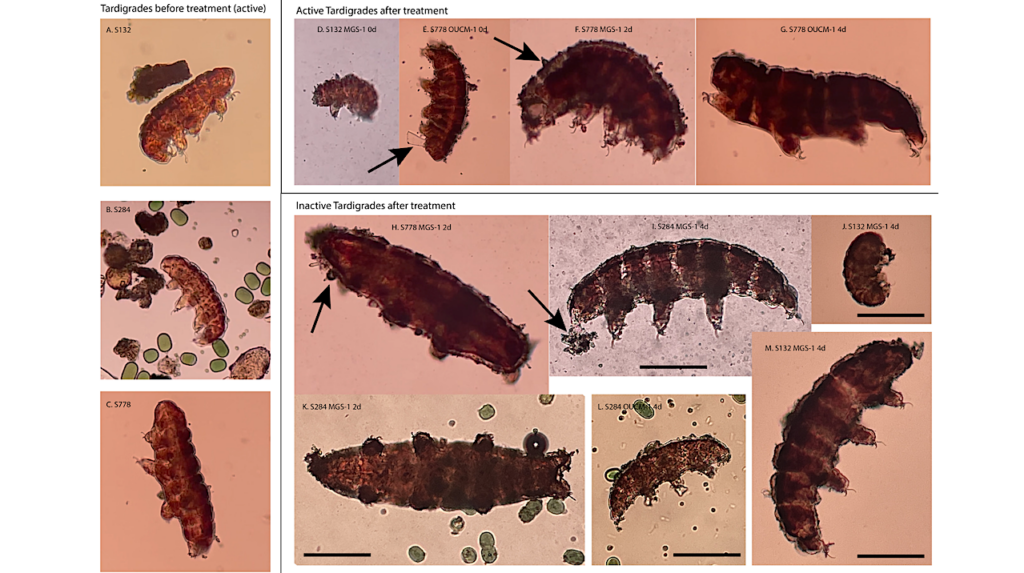Mineralized Biosignatures In ALH-77005 Shergottite – Clues to Martian Life?

Resarchers from Hungary have discovered embedded organic material in a Martian meteorite found in the late 1970s.
The scientists were able to determine the presence of organic matter in mineralised form such as different forms of bacteria within the meteorite, suggesting that life could have existed on the Red Planet.
Officially named ALH-77005, the Martian meteorite was found in the Allan Hills on Antarctica during the mission of the Japanese National Institute of Polar Research between 1977 and 1978. The new study “Mineralized biosignatures in ALH-77005 Shergottite – Clues to Martian Life?” published in De Gruyter’s journal Open Astronomy, by authors Ildiko Gyollai, Márta Polgári and Szaniszló Bérczi proposes the presence of active bacteria on Mars. Their research also suggests that there may have been life on other planets.
“Our work is important to a broad audience because it integrates planetary, earth, biological, chemical, and environmental sciences and will be of interest to many researchers in those fields,” explains lead author Ildiko Gyollai from HAS Research Centre for Astronomy and Earth Sciences in Budapest. “The research will also be of interest to planetologists, experts of meteorite and astrobiology as well as researchers of the origin of life, and to the general public since it offers an example of a novel aspect of microbial mediation in stone meteorites,” Gyollai concludes.
This new research could change the examination of meteorites in the future. In light of their discovery, the authors posit that solar system materials should be studied to establish whether there is evidence of microbial forms within space rocks – and an indication that there was once life on Mars.
Read the full article Mineralized biosignatures in ALH-77005 Shergottite – Clues to Martian Life? here: https://doi.org/10.1515/astro-2019-0002








